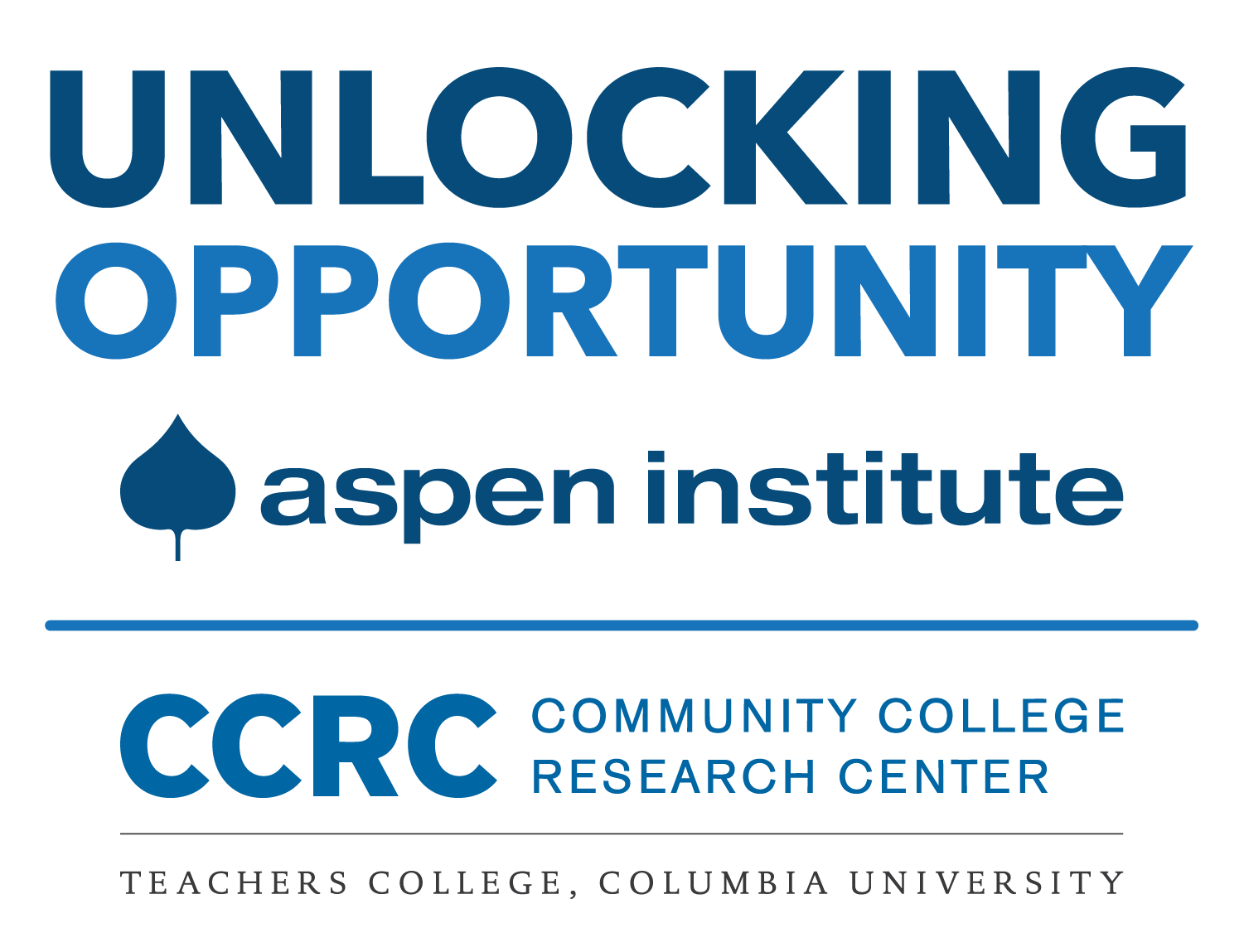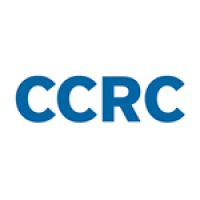By Davis Jenkins and Josh Wyner
It’s time to accelerate the next phase in the community college reform movement: a sharper focus on excellence and equity in post-graduation success. The Aspen College Excellence Program (Aspen) and the Community College Research Center (CCRC) are launching a project designed to do just that. Working with 10 leading community colleges, to be selected this fall, Aspen and CCRC will aim to advance reforms and research that have one overarching goal: thousands more students—including students of color and those from lower-income backgrounds—entering and completing programs that lead directly to jobs paying a family-sustaining wage or to the completion of a bachelor’s degree.
For over two decades, community colleges across the country have been working to improve graduation rates. The result: The six-year completion rate for students who start at a community college has increased 8 percentage points, from 34% for students who started in fall 2006 to 42% for those who started in fall 2015. This means that nearly 100,000 more students graduate annually who might never have reached this goal.
But community college leaders know that much more needs to be done. Nearly 60% of students who start at a community college still do not earn any postsecondary credential in six years, with even lower success rates for Black students (30%) and Latinx students (37%). Making matters worse, community college enrollments have been declining for a decade.
Research shows the danger in measuring colleges’ success solely by completion. CCRC estimates that only about a quarter (23%) of community college associate degree graduates and a little more than a third (37%) of students who earn occupational certificates earn at least $35,000 two years after completion (a salary that reflects a minimum national baseline for a “good job”). CCRC’s analysis also shows that workforce programs that confer higher salaries are inequitable: Low-income students and students of color, especially men of color, are underrepresented in programs that lead to higher earnings relative to their community college enrollment.
In most cases, community college “academic” associate degrees have economic value if they enable students to transfer efficiently and earn a bachelor’s degree. But, overall, fewer than one in five students who start in a community college and only one in 10 Black community college starters transfers and earns a bachelor’s degree within six years. And too many students who transfer successfully have to take many more credits than are required for a bachelor’s degree.
Over the past two decades, large-scale community college student success reforms have focused on restructuring developmental education so students can get to college-level work sooner, on strengthening advising so more students remain in school, and, more recently, on creating clear programs of study and aligned advising systems designed to get students all the way to graduation. Yet, even when students have clearer program plans, if programs are not well designed to accommodate the schedules of students with many competing priorities and to prepare them to secure a good job or transfer efficiently in a field of interest, they may be less motivated to complete them. Moreover, community colleges cannot advance equity solely by increasing completion by students of color and other underserved students of any credentials. Those students need to complete credentials that meaningfully expand economic and educational opportunity. If students are to perceive the kind of value that will attract them to higher education and motivate them to complete, community colleges need to systematically strengthen the content, pedagogy, and delivery of their programs.

A main focus of our new project—which we are calling Unlocking Opportunity: The Post-Graduation Success and Equity Network—will be on strengthening existing programs and developing new program models to ensure that they expand career and educational opportunity for all students, including those who have been least well-represented in high-value programs. We are especially interested in how colleges can unlock opportunity in their programs by:
- Increasing the “opportunity potential” of existing programs so that they better enable students to secure employment in good jobs and/or transfer and earn a bachelor’s degree in a field of interest. This includes extending experiential learning opportunities for all students, not just those in career-technical programs, and replacing liberal/general studies tracks with pre-major transfer programs in fields of interest to students and value to the local economy.
- Diversifying access to and success in programs that research shows lead to rewarding careers such as applied associate degrees in nursing and cybersecurity, and transfer-ready associate degrees in engineering and English.
- Creating new program models aligned to strong post-graduation opportunity in partnership with employers and universities. This includes accelerated degree programs in high-demand fields for working adults, “jump-start” skills training for workers stuck in low-wage jobs, and concurrent community college-university enrollment programs.
- Building additional supports into program requirements, such as internships and job placements, and dedicated transfer advising to help students secure employment and/or be on track to transfer and earn a bachelor’s in a field of interest.
- Facilitating timely and affordable completion for busy adults by strengthening gateway courses that serve as the on-ramp to specific programs and offering “flex-hybrid” delivery models, eight-week semesters, incentives for summer terms, and year-round schedules.
Through the Unlocking Opportunity project, Aspen and CCRC seek to expand understanding of how colleges can implement and sustain these and other critical reforms at scale so that, in the end, they can achieve much better and more equitable post-graduation success for students. We are committed to evaluating the effects of these strategies on student outcomes both during our three years of working directly with the 10 Unlocking Opportunity colleges and for several years afterwards.
Our project is not about a quick fix. Instead, it aims to demonstrate what is possible over the long run. We want to support and research the kind of systemic reform that brings back student enrollment not primarily through new marketing and outreach, but through colleges fulfilling their best and highest purpose: ensuring that talent from every community is fully developed so that graduates can pursue fulfilling careers and lifelong learning. Anything less will further weaken a sector vital to our country’s future.
Davis Jenkins is a senior research scholar at CCRC. Josh Wyner is the executive director of the Aspen Institute’s College Excellence Program.





